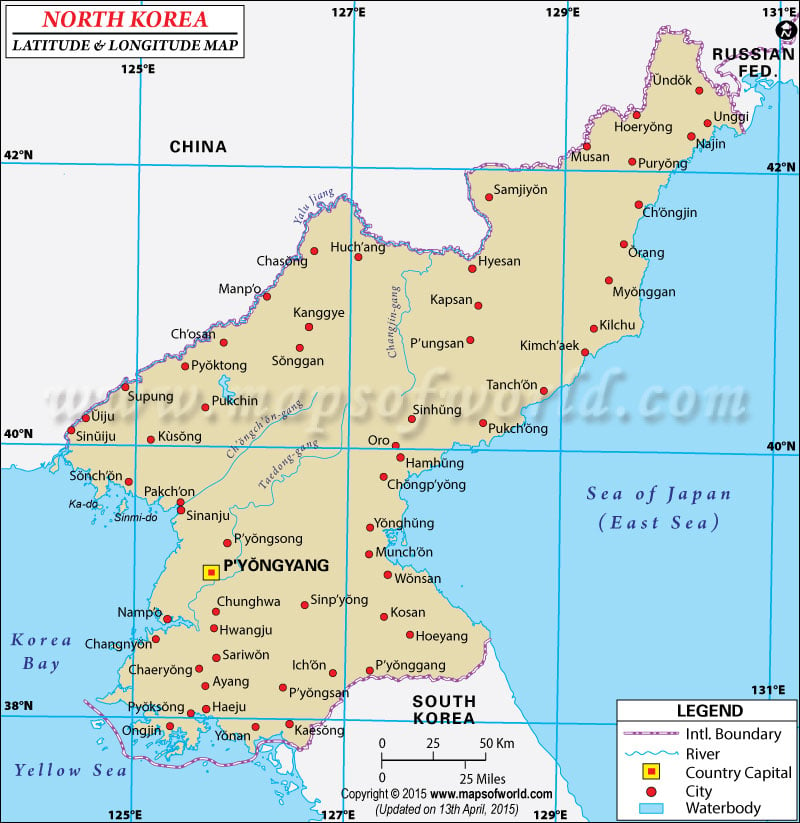
"We are here today to celebrate the end of the Cold War. After decades of hostility and division, the Iron Curtain has fallen. A divided world is once again reunited. This time, we will make sure that every country, and I mean every country, retains the right to govern themselves and be free from oppressors..."
-Speech from Jimmy Carter in 1978 in Berlin of the Federal Republic of Germany
+++++
USS Maddox
Yellow Sea
September 30th, 1950
"So, Premier, do we have a deal?"
The two men were sitting inside a room of the American destroyer of the USS Maddox. The ship was in the middle of the Yellow Sea, in international waters.
The Chinese Premier Zhou Enlai slowly sipped some of his tea. After considering for a moment, he spoke to his translator and the translator translated the Premier's message.
"So you are willing to recognize the People's Republic of China as the legitimate head of mainland China and withdraw your most of your forces immediately after the fall of the Democratic People's Republic of Korea. In exchange, you wish for the Chinese government to not intervene in the Korean War."
"Yes, our people have done nothing to your people. I will personally tell General MacArthur to stay away from the northern borders and not to run his army loose on China. We wish the Koreans to be free from communism, but we will not present a threat to your interests." The American man said bluntly, the translator translating it to the Chinese Premier. Secretary of Defense George Marshall pulled out the deal and slid it across the table. "This paper has everything we went over. The moment you agree to sign it, I will travel to Korea and halt MacArthur from going overboard and send the message back to the United States."
"Before I sign this, I will like to add one more thing to this deal." Premier Zhou said.
"What is it?" Marshall replied. He was relieved that the Chinese were willing to sign the deal. This would save countless American lives and possibly halt a bigger a war looming ahead. However, he still gripped the edge of his seat with some nervousness. If the Chinese demanded something impossible, he couldn't agree with their proposal even if he wanted to.
"Even with your promises, China wants additional protection from Korea, should it go democratic and capitalist. I propose to draw a line across Korea in the near future for a Demilitarized Zone between the "Republic" of Korea and the People's Republic of China. This will be a bigger buffer zone between our country and your puppet state. Of course, it'll be a neutral zone, a UN protectorate possibly."
Marshall nearly sighed in relief, but repressed his emotions in front of the Chinese Premier. The demand was reasonable and he would work it out with the government back home. For now, China needed to stay out of the war in order to ensure a UN victory.
"Agreed. Now, let's get this over with."
+++++
America, China Agrees: China To Stay Out of War
New York Times
October 4th, 1950
With the Korean War raging on in the Korean Peninsula, it was expected by many that the Chinese would help out their fellow communists against the US led UN coalition. However, with the recent turn of events, China has vowed to "stay out of the Korean War and remain peaceful to the US and the UN."
This news was revealed after the Democratic People's Republic of Korea (also known as North Korea) requested military intervention to the People's Republic of China on October 1st of 1950. After furious debates and conflict, the Chinese government rejected the request on October 3rd and ordered the army to stay clear of the border. The news of this shocked the world, especially the Soviet Union which condemned the betrayal of the Chinese.
Shortly after the Chinese replied to the request of the North Koreans, America and China publicly revealed the deal between the two nations. Dubbed the "Korean Deal," the U.S. has agreed to pull out a majority of their forces from Korea after the war, keep a buffer zone between China and Korea, and diplomatically recognize the People's Republic of China as the legitimate government over mainland China. In exchange, the Chinese government agreed to stay out of the Korean War, thus preventing the spread of the conflict.
This deal remains highly controversial, as members of the China lobby erupted in a frenzy at the deal while anti-communist groups erupted in protest over the government's deal with a Communist nation. However, many members of Congress and the general population received the deal with a positive reaction, believing it will save thousands of lives in the destruction that is currently occurring in Korea. Meanwhile, the Soviet Union has condemned China and has apparently broken all diplomatic contact with the nation.
It will be interesting to see how this deal will end up in the footnotes of history...
Last edited:
